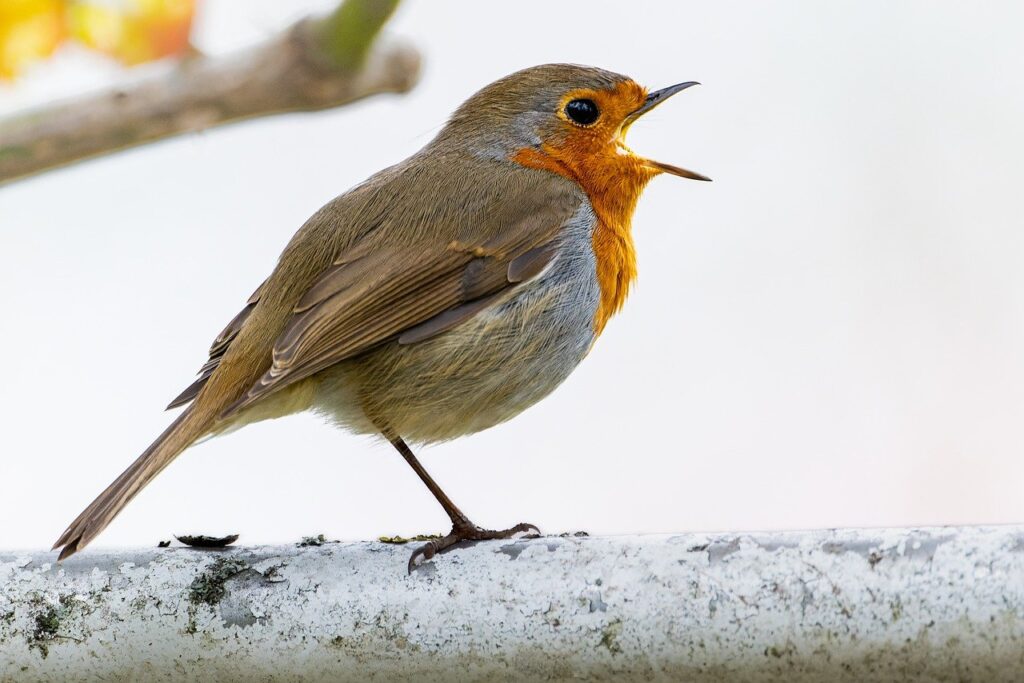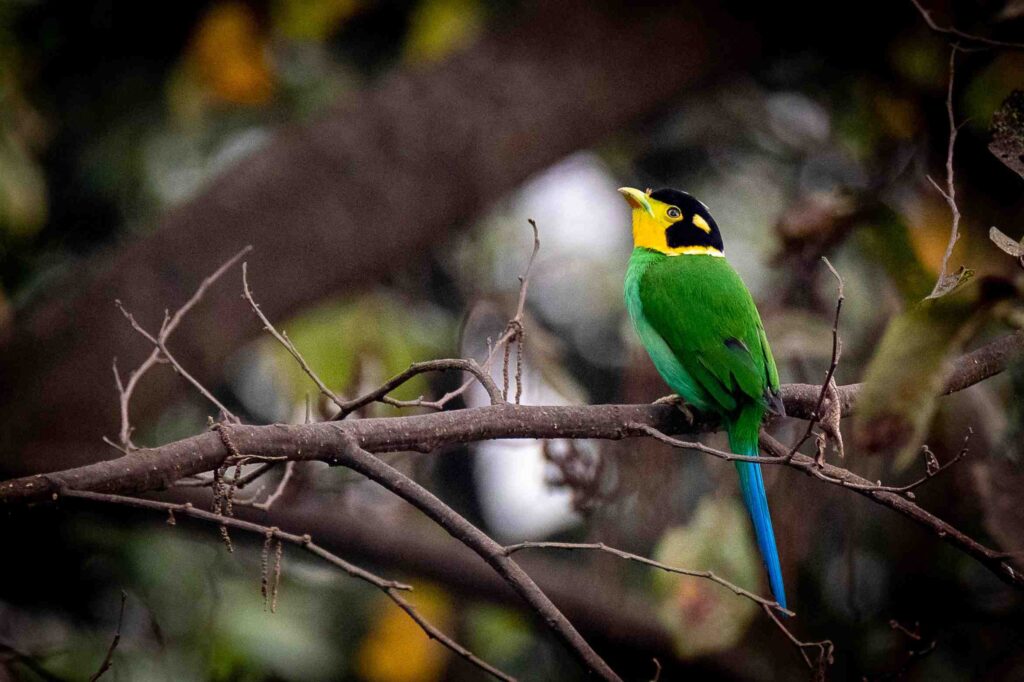Ornithology, the scientific study of birds, is important for a number of reasons. Here are just a few:
Bird behavior: Studying birds can help us understand their behavior and social interactions, as well as how they adapt to their environment. This knowledge can be used to inform conservation efforts and protect endangered species.
Ecosystem health: Birds play a crucial role in many ecosystems as predators, prey, and pollinators. By studying birds, ornithologists can gain insight into the health and functioning of an ecosystem and identify any potential problems.
Climate change: Many bird species are sensitive to changes in the environment, making them useful indicators of the impacts of climate change. By studying birds, ornithologists can track the effects of climate change on different species and ecosystems.
Human health: Birds can serve as reservoirs for diseases that can be transmitted to humans, such as West Nile virus and avian influenza. By studying birds, ornithologists can help identify and track the spread of these diseases and develop strategies to prevent their transmission.
Cultural significance: Birds have long been revered and celebrated in many cultures around the world. By studying birds, ornithologists can learn more about the cultural significance of different species and the role they play in human societies.
In conclusion, ornithology is important for understanding the behavior, ecology, and cultural significance of birds, as well as for tracking the impacts of climate change and identifying potential public health risks.




